
ALS results in muscles that are reduced in size (atrophic), weak, and soft, or muscles that are stiff, tight, and spastic.

ALS results in muscles that are reduced in size (atrophic), weak, and soft, or muscles that are stiff, tight, and spastic.
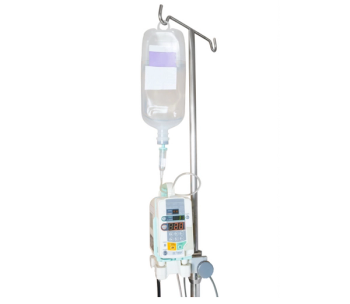
Immune globulin subcutaneous (human), 20% solution (Cuvitru) is approved for primary immunodeficiency in patients 2 years of age and older.
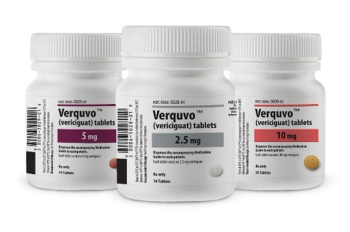
Verquvo is a soluble guanylate cyclase stimulator indicated to reduce the risk of cardiovascular death and heart failure.

An overview of the four main types of allergies.
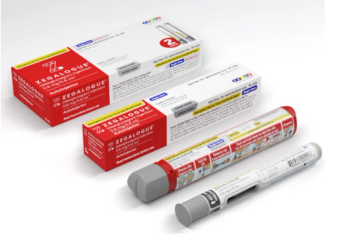
Dasiglucagon increases blood glucose concentration by activating hepatic glucagon receptors, thereby stimulating glycogen breakdown and release of glucose from the liver.

For patients with celiac disease, eating gluten triggers an immune response in the small intestine.
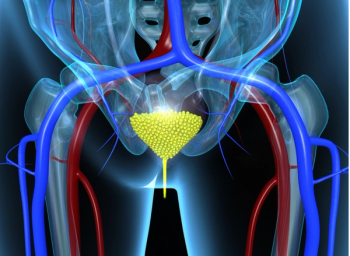
Gemtesa (vibegron; Urovant Sciences) tablets are approved to treat overactive bladder with symptoms of urge urinary incontinence, urgency, and urinary frequency.

Schedule I drugs, substances, or chemicals are defined as medications with no currently accepted medical use and a high potential for abuse.

Migraine headaches can be caused by triggers such as hormonal changes, drinks, stress, sensory stimuli, sleep changes, physical factors, weather changes, medications, foods, and food additives.

In MS, the immune system attacks the protective sheath (myelin) that covers nerve fibers, causing deterioration of the nerves.
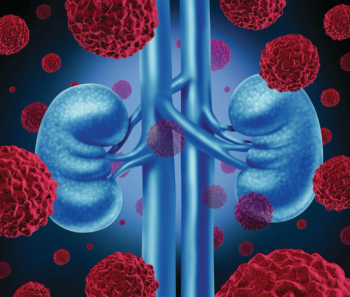
Cabozantinib (Cabometyx) was approved in 2016 for patients who have advanced renal cell carcinoma and who received prior anti-angiogenic therapy.
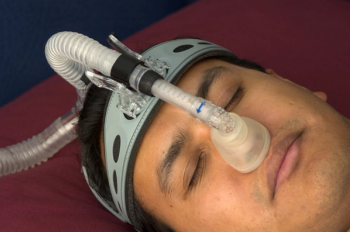
There are several types of sleep apnea, but the most common is obstructive sleep apnea.

Ten quiz questions to assess your knowledge on common symptoms and treatments for Clostridioides difficile.

Treatment options for head live include Permethrin (Nix) and Pyrethrin (Rid) as OTC options and prescription medicines such as Ivermectin (Sklice), Spinosad (Natroba), and Malathion.
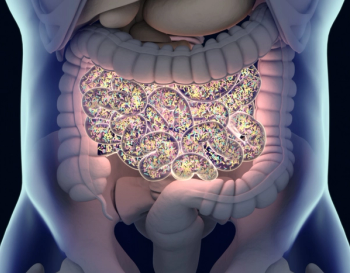
Crohn disease causes inflammation of the digestive tract, which can lead to abdominal pain, severe diarrhea, fatigue, weight loss, and malnutrition.

Dupilumab (Dupixent) was approved in 2017 for the treatment of adults with moderate-to-severe atopic dermatitis whose disease is not adequately controlled with topical prescription therapies.

Parents are encouraged to either get all immunizations in one health care facility or have a card that documents all the immunizations the child has received.
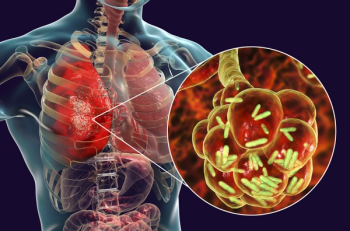
Vaccines help prevent pneumococcal disease, which is any type of illness caused by Streptococcus pneumoniae bacteria.

Ado-trastuzumab (Kadcyla, Genentech) was approved by the FDA in 2019 for the adjuvant treatment of patients with human epidermal growth factor receptor 2-positive early breast cancer.
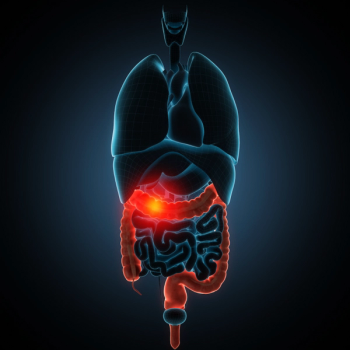
Ulcerative colitis affects the innermost lining of your large intestine and rectum.

Unlike other medications for chronic idiopathic constipation, prucalopride works by enhancing colonic peristalsis to increase bowel motility.

Ten quiz questions to assess your knowledge on common symptoms and treatments for shingles.

Psoriasis is a common, long-term chronic disease with no cure that goes through cycles, flaring for a few weeks or months, then going into remission.

Irritable bowel syndrome is the term for symptoms that occur when the contents of the large intestine move too quickly or too slowly.

Kidney disease is among the most common causes of both hyperkalemia and hypokalemia.
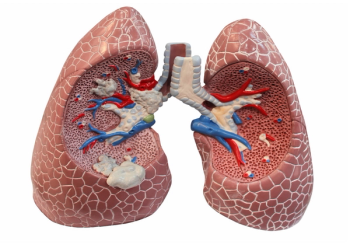
Ten quiz questions to assess your knowledge on common treatments for chronic obstructive pulmonary disease.

Lab values for sodium, potassium, chloride, magnesium, BUN, creatinine, glucose, and CO2.

Atopic dermatitis treatments include creams for itching, calcineurin inhibitors such as Protopic and Elidel, as well as biologics such as Dupixent.

Patients should be encouraged to remind their primary care provider to make sure they are on schedule and do not miss any vaccinations based on their age and conditions.

Relugolix is an orally administered treatment for prostate cancer that works by blocking the pituitary gland from making luteinizing hormone and follicle-stimulating hormone.